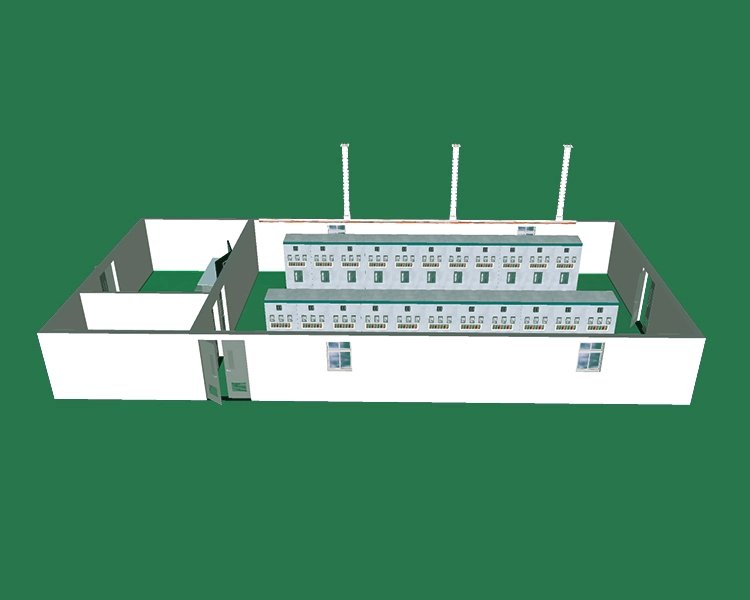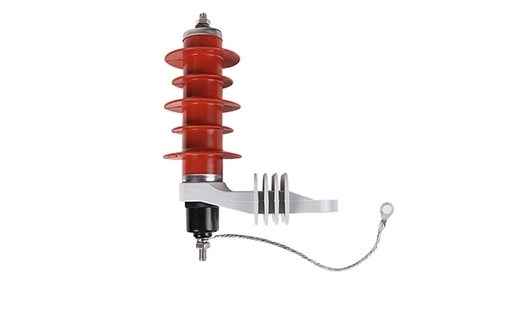en
+
Oil circuit breaker is a common high-voltage electrical equipment, mainly used to protect and control circuits in power systems. Its working principle is based on the insulation and cooling properties of oil, and uses bubbles in the oil to extinguish arcs.
Working principle
The core structure of the oil circuit breaker includes an arc chamber, an oil tank, and an operating mechanism. When a circuit fault occurs (such as a short circuit or overload), the switch device inside the circuit breaker quickly cuts off the circuit. At this time, an arc is generated in the arc chamber. The oil of the oil circuit breaker not only acts as an insulator, but also effectively cools the arc.
Specifically, when an arc is formed, the current passes through the arc zone to generate high temperature, and the temperature of the oil also rises, resulting in the generation of bubbles in the oil. These bubbles will quickly diffuse and form gas, which in turn increases the impedance of the arc, so that the arc is quickly extinguished. At the same time, the fluidity of the oil enhances the cooling effect and can effectively reduce the temperature of the arc.
When the circuit breaker returns to normal, the operating mechanism resets the switch to close the circuit again. Oil circuit breakers usually use mechanical operating mechanisms to ensure the reliability and sensitivity of the action.
Advantages
1. Good insulation performance: Oil has excellent insulation properties, which can effectively avoid leakage and short-circuit accidents and ensure the safe operation of the power system.
2. Excellent arc extinguishing ability: Due to the large heat capacity of oil, it can quickly absorb the heat generated by the arc, thereby effectively reducing the duration of the arc and preventing equipment damage caused by the arc.
3. Simple maintenance: The structure of the oil circuit breaker is relatively simple, and the difficulty of maintenance and overhaul is relatively low. You only need to check the oil level and oil quality regularly to ensure its insulation performance.
4. High temperature resistance: Oil circuit breakers can work at higher temperatures and have a strong ability to adapt to environmental changes.
5. Economical: Compared with other types of circuit breakers, oil circuit breakers often have a higher cost-effectiveness in initial investment and later maintenance.
Disadvantages
1. Large size: Oil circuit breakers are usually large in size, relatively difficult to install and transport, and have high site requirements.
2. Susceptible to environmental influences: The insulation performance of oil is greatly affected by environmental factors such as temperature and humidity, which may lead to performance degradation.
3. Oil leakage risk: During use, oil may leak due to aging or mechanical damage, causing environmental pollution and equipment failure.
4. Potential risk of fire: As a combustible material, oil has a certain fire risk, especially in the event of equipment failure or improper maintenance.
5. High requirements for operators: The operation and maintenance of oil circuit breakers require professional knowledge and high technical requirements for operators.
Oil circuit breakers play an important role in power systems. They have good insulation and arc extinguishing capabilities and are suitable for the protection of high-voltage circuits. However, their large size, poor environmental adaptability and potential safety hazards also require caution when using them. It is crucial to choose the right type of circuit breaker according to specific application requirements and environmental conditions.




